How did a society on the edge of collapse and dominated by wandering bands of armed men give way to a vibrant Buddhist culture, led by yogins and scholars? Ronald M. Davidson explores how the translation and spread of esoteric Buddhist texts dramatically shaped Tibetan society and led to its rise as the center of Buddhist culture throughout Asia, replacing India as the perceived source of religious ideology and tradition.
Drawing on an extraordinary range of original sources, most of them previously unstudied, Davidson traces, in convincing detail, the peculiar blend of conservative monasticism, transgressive esotericism, and political and economic interest that characterized the formation of Tibetan Buddhist lineages and institutions.
-Matthew Kapstein, University of Chicago, author of Reason’s Tracer Identity and Interpretation in Indian and Tibetan Buddhist Thought Davidson has illuminated the period of the Tibetan Renaissance for a modern audience with a brilliant scholarly study of rare clarity, originality, and wisdom. He deals with doctrine, ritual, institutions, and life narratives with equal insight and flair to build an intimate yet broad portrayal of one of the most fascinating periods of religious innovation and collective transformation in the history of the world.

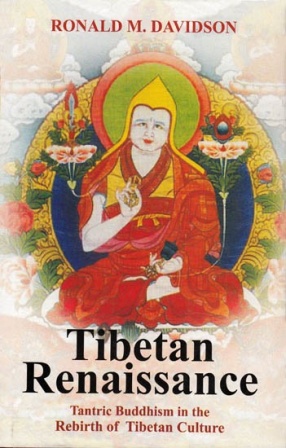
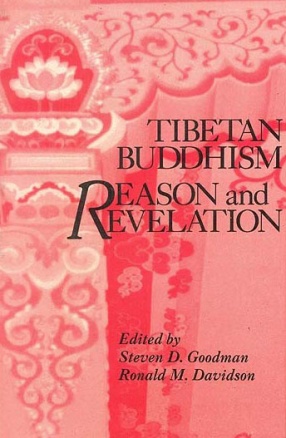
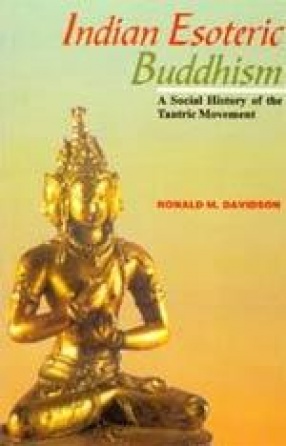

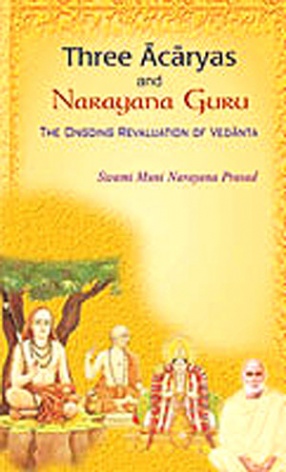
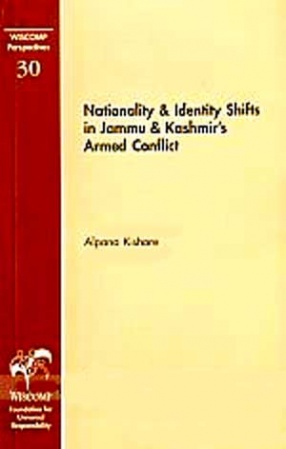
There are no reviews yet.